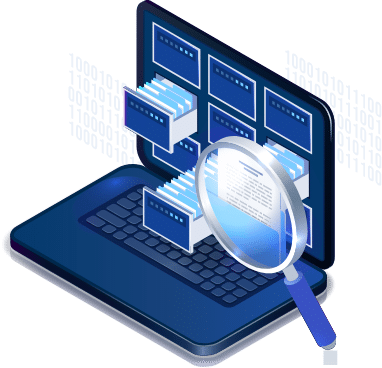
Empowering Teams Through Data Democratization: The Role of Clean and Matched Data
Everyone says data is power. But let’s be honest: in most companies, data is politics. It’s locked in tools no one understands, hoarded by teams

Everyone says data is power. But let’s be honest: in most companies, data is politics. It’s locked in tools no one understands, hoarded by teams

97% of organizations aim to become more agile in data management. However, 79% of employees say that teams across their organizations operate in silos, which

Data matching helps ensure that disparate data sources are accurately aligned, cleansed, and ready for use. And that’s where an effective data catalog becomes essential

Data cleaning and matching are critical processes for maintaining data integrity and deriving actionable insights from large datasets. This review dives into the advanced techniques

Finding patterns is easy in any kind of data-rich environment; that’s what mediocre gamblers do. The key is in determining whether the patterns represent signal

Poor data standardization is a hidden profit killer. When customer names, products, or sales figures appear in different formats across systems (and often even within

Ever found yourself in the middle of a campaign or regulatory compliance report only to find your efforts wasted by the sheer number of typos, omissions, system-led errors and varied formats due to

Inaccurate data has real-world implications across industries. In law enforcement, inaccurate data could mean booking the wrong person for a crime. In healthcare, it could

A data cleansing tool is perhaps the most powerful and yet the most underestimated solution. Companies spend millions of dollars in procuring cloud solutions and

Data scrubbing, also commonly known as data cleaning is a process that refines your data by removing duplicates and fixing unstructured content. If you’ve been

Ever generated a report only to realize that most of your contact information’s email addresses are not valid? That’s a failed case of data validation.

Fewer than half (49%) of data practitioners have high trust in their data. The rest are navigating critical business decisions with incomplete, inconsistent, and inaccurate
Get started with our fully-functional free trial.
No credit card needed.
"*" indicates required fields
